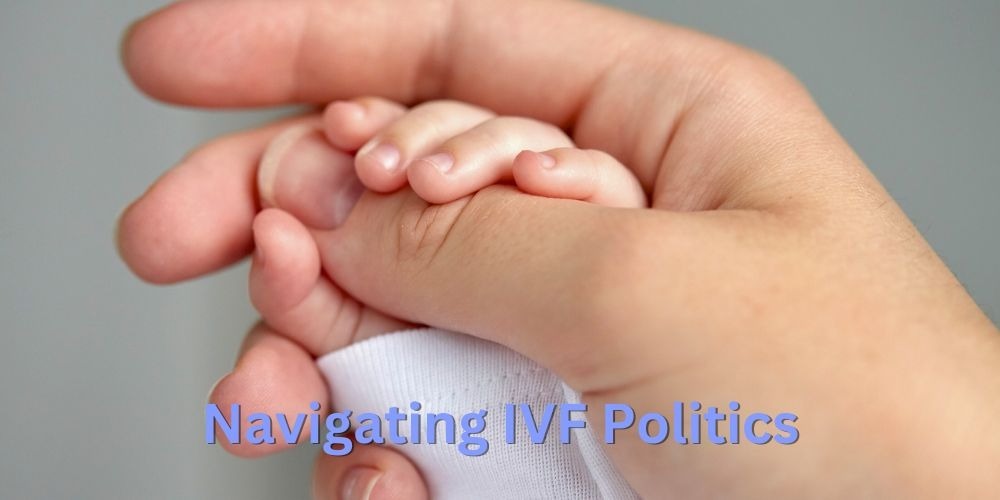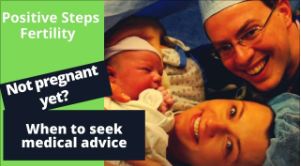A Fertility Expert Point of View on IVF Politics: I’ve had many requests to share my thoughts on the recent voting and decisions regarding IVF. Here are my insights on two significant developments: one from the Senate and another from the Southern Baptist Convention. By the way, I understand that my comments and interpretations might not please everyone, so I apologize in advance if what I say offends or upsets anyone.
Southern Baptist Convention’s Stance
Last week, the Southern Baptist Convention issued a non-binding resolution expressing concerns about IVF, particularly regarding the destruction of embryonic life. This resolution has left many, like Alicia Amos, grappling with their options and emotions. Amos, a Southern Baptist who conceived her 3-year-old daughter through IVF, expressed her concern, saying, “I never, ever want her to feel shame for the way that she was conceived and brought into this world because she is a precious, precious gift.”
The Convention’s resolution acknowledges the “searing pain” of infertility but also characterizes certain aspects of IVF as “dehumanizing.” This language has deeply hurt many within the community, including Danielle Smith, who conceived her daughter through IVF. Smith shared, “‘Dehumanizing’ is a very tough word to swallow.” The resolution reflects a misunderstanding of the complexities and ethical considerations involved in IVF, potentially preventing many deserving people from becoming parents and creating a dangerous precedent.
Basically, they were saying they were very worried about and cautioned members against the use of IVF because they were worried about the destruction of embryonic life. Now, here’s the thing: there’s a lot of good sentiment in valuing children and wanting babies to be born. There’s a lot of respect for the process that goes on. As physicians, we deeply care about how embryos are handled and what happens to them. But I also think there’s a deep misunderstanding of the biology, even if there is a degree of sentiment and care and compassion for being respectful.
So, I think there is a meaningful gap there, and I disagree with their decision. This starts getting into some ugly politics and is not very supportive of what they concluded. I think it will keep a lot of people who would be great parents from having families and create some dangerous, slippery momentum.
Senate’s Actions on IVF Rights
The Senate recently debated a bill aimed at protecting IVF rights, championed by Senator Tammy Duckworth, a mother of two daughters conceived through IVF. Despite her personal experience and deep understanding of the issue, the bill was largely rejected, with only two Republicans from Maine and Alaska supporting it. Instead, a proposal by Senator Ted Cruz gained traction. This proposal would defund Medicaid for states that allow IVF, penalizing others based on state laws. This approach is disappointing and seems more like political posturing than a genuine attempt to support IVF rights.
As a fertility doctor, I find these developments troubling. Individuals with political agendas are obstructing people’s rights to build families. These decisions are made by individuals who lack the daily experience and understanding of the complexities and ethics involved in IVF.
The Complex Medical Reality of Embryos in IVF
For many women, the struggle of infertility can bring them to a breaking point due to the constant ups and downs, losses, and negative test results. But many keep going because that baby in your arms means more than anything else. When biology already poses unfair barriers to fertility, quite frankly, having legislators or judges make it even more complicated is cruel.
Equating 150-200 embryonic cells (which have no brain, a heart, or even any certainty that they will attach to a uterus) to a child has incredible downstream implications.
The biological intricacies involved in fertility treatments underscore the impracticality and insensitivity of uniformly applying “personhood” to embryos, particularly within the IVF context. The reality is stark:
- Many eggs fail to fertilize.
- Many embryos do not progress.
- Many are chromosomally abnormal
- Many embryos fail to implant.
Final Thoughts on Recent IVF Politics
I apologize if my opinions offend anyone, but I must speak from my perspective. I am dedicated to helping people ethically and appropriately bring babies into the world. Until those who make these decisions have a deep, daily understanding of the field, it is hard for them to make informed judgments.
This issue is not going away, and it remains crucial for many people. I look forward to the day when we have robust protections that allow good people to build their families safely and ethically.
Thank you.
Dr. Preston Parry
Board Certified OBGYN/REI
PS. Listen to my full video here. https://youtu.be/o1a4nRc9pWw




